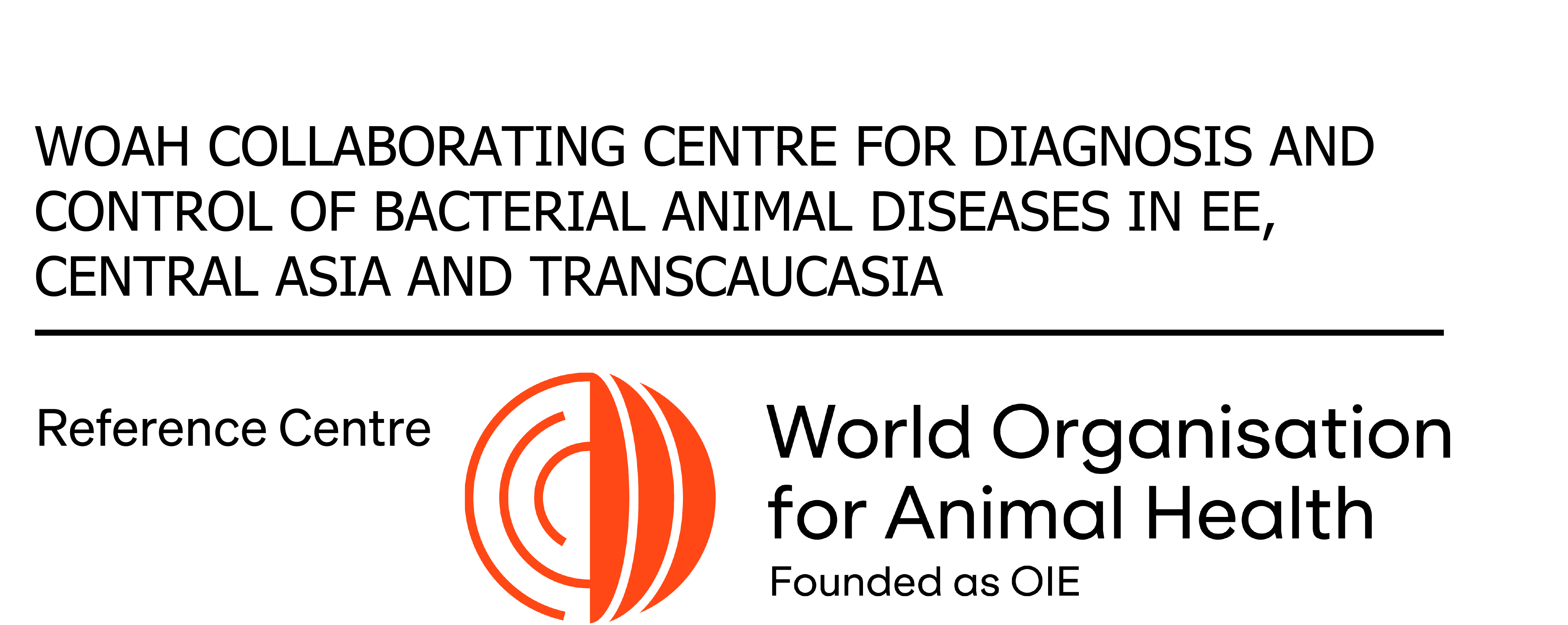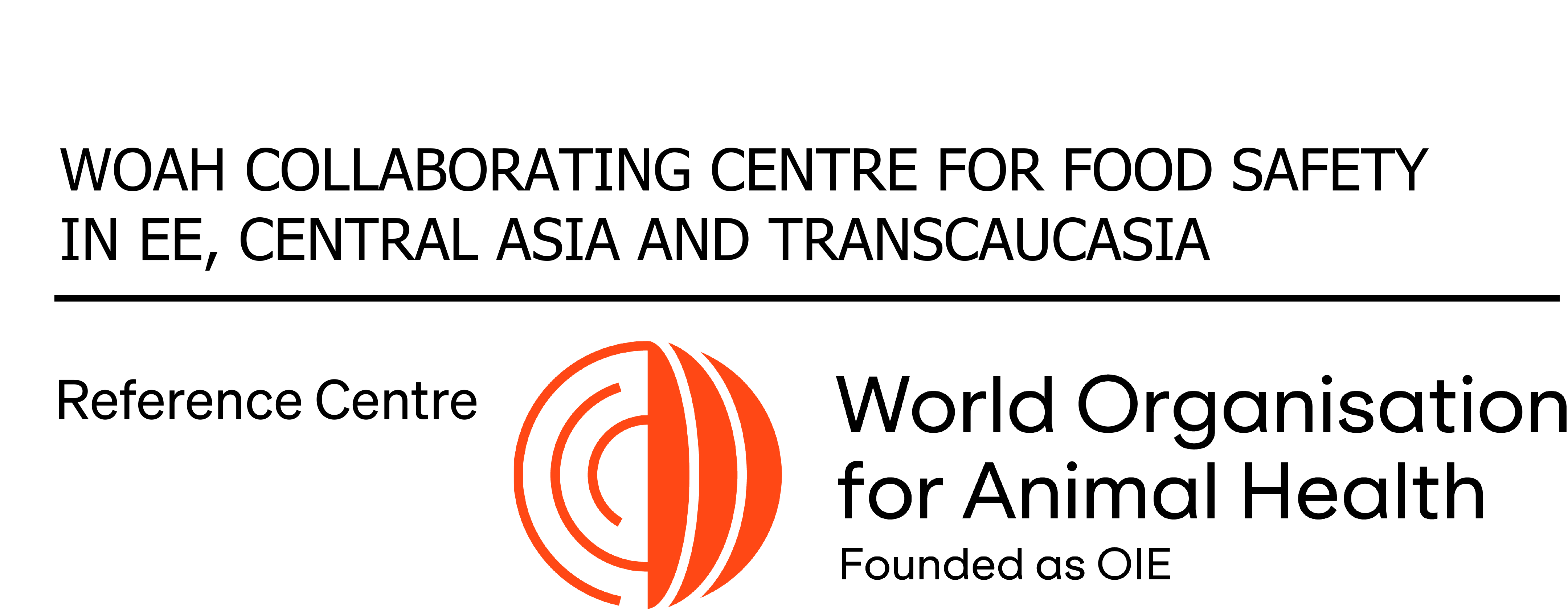VGNKI IS DEVELOPING PCR METHODS FOR DIAGNOSING PORCINE CONTAGIOUS PLEUROPNEUMONIA
As part of a research project scheduled for 2026, specialists from the Division of Genetic Diagnostics of Animal Infectious Diseases at the Russian State Center for Animal Feed and Drug Standardization and Quality (VGNKI) have begun collecting and analyzing nucleotide sequences of Actinobacillus pleuropneumoniae, the pathogen that causes porcine contagious pleuropneumonia. This research is intended to investigate the specifics of the laboratory diagnostics of the disease and select candidate strains for vaccine production.
One of the key objectives of the scientific research is the development of molecular-genetic methods, enabling an accurate differentiation of the serotypes of A. pleuropneumoniae. The project is being carried out to monitor the disease's spread and to select the most effective preventive measures.
Porcine contagious pleuropneumonia is a highly contagious infectious disease in swine characterized by the development of hemorrhagic, necrotizing pneumonia and fibrinous pleuritis. The disease can inflict considerable economic losses through animal deaths, reduced weight gain and the cost of treatment.
The disease affects pigs of all ages, with 2–6 month-old piglets especially vulnerable, which explains high mortality rates when the infection is first introduced into a farm.
Due to a large number of pigs imported into Russia in the early 2000s, several different serotypes of the A. pleuropneumoniae pathogen entered the country as well. That factor significantly complicated the efforts to combat the spread of the disease, mainly because of the eruption of new variants of the bacterium that had not been present in the country before.
At present, there are 19 serotypes of A. pleuropneumoniae, each differing in virulence and pathogenicity. Thus, an accurate identification of the serotypes circulating on farms would help choose the right vaccines and adopt more efficient measures for prevention and treatment.
To that end, molecular methods, including the polymerase chain reaction (PCR), are used, enabling rapid and precise identification of the A. pleuropneumoniae serotypes circulating on farm, even with different bacteria sharing similar surface structures.
VGNKI plans to develop new PCR methods for identification of different serotypes of the pathogen causing porcine contagious pleuropneumonia. Such testing methods will help not only enable prompt detection of active cases of the disease, but will also be used to control vaccine compositions, thereby enhancing their quality and safety.





